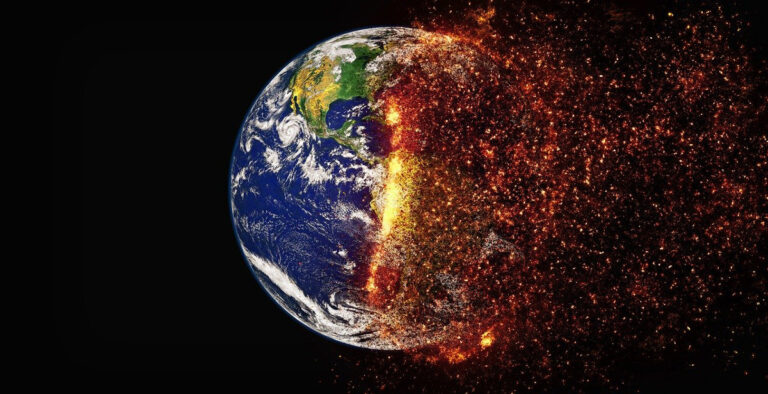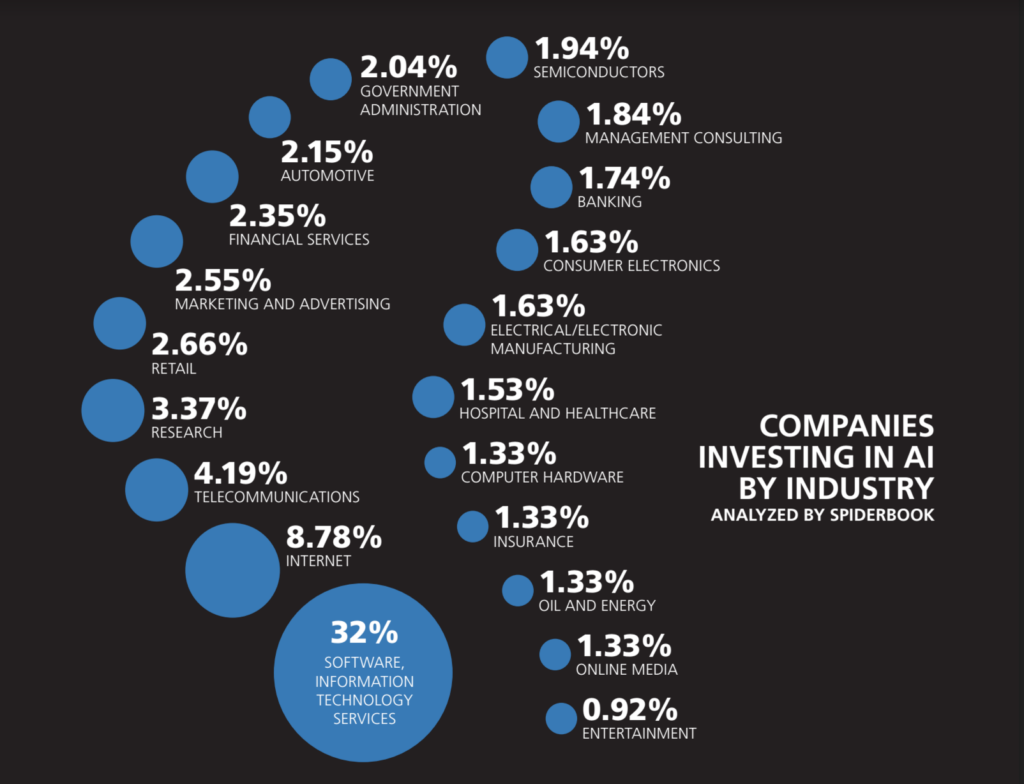Comradeship in Crisis: Climate Change vs. the AI Threat

Jodi Dean’s Comrade (2019) argued that climate catastrophe should catalyze revolutionary optimism, but here we are, decades into global awareness, and solidarity still feels out of reach. The truth is that for most of the world, the climate crisis—no matter how urgent—is overshadowed by more immediate struggles. Even with increasingly dire headlines about record heat waves, rising sea levels, and environmental disasters, the crisis still feels abstract to the billions focused on daily survival. Donald Trump’s potential re-election and subsequent withdrawal from the Paris Accords will very likely stall international efforts to combat climate change, undoing the modest progress made. These actions will almost certainly deepen the perception that climate change is not a common human battle but a political tug-of-war, further eroding the chance for solidarity.
(So, for the sake of the planet, PLEASE VOTE!)
Recent reports have painted an even grimmer picture of our climate’s future, with catastrophic wildfires, devastating floods, and the hottest months on record becoming more frequent. Yet, despite the overwhelming scientific consensus, governments are still struggling to commit to meaningful action. In the U.S., Trump’s re-election could turn back the clock on global climate policy, unraveling the Paris Agreement once more. In this context, it’s hard not to feel that climate change, as an existential threat, has already lost its power to unite us. If decades of warnings haven’t forged a common sense of urgency by now, will it ever?
What is the antagonist that will finally spur global comradeship?
I’m increasingly changing my tune about AI alarmists (who I used to mock as out-of-touch Luddites) because, right or wrong, I’m convinced that they might have a more compelling story: the rise of AI, and the existential threat of a “posthuman future,” could be the more immediate antagonist we need to coalesce around. If Trump’s re-election and withdrawal from the Paris Agreement symbolizes the failure of global unity on climate, AI represents an even greater threat—the end of humanity’s relevance. AI doesn’t just threaten environmental collapse, AI alarmists (rightly) claim, it threatens to redefine what it means to be human. So, while the climate crisis activates our survival instinct, the posthuman demands a defense of human meaning and human freedom.
Not surprisingly, it’s looking like people are more interested in threats to their individual freedom than the survival of our shared environment.

The rapid development of AI, coupled with corporate power and a lack of regulatory oversight, means that the posthuman threat feels tangible, as we’re not only facing a world where machines outpace human intelligence, but where algorithms, data, and artificial systems define who we are. Unlike climate change, which feels remote to those who are not directly impacted, the rise of AI poses more immediate challenges, not only to our sense of agency and identity, but to our employment and educational opportunities. The impending “posthuman future” doesn’t just replace jobs or create new industries—it fundamentally alters the landscape of what it means to be human.
Just this last week, we saw our first AI “agent” become a millionaire. There’s a new AI model (named “Chief”) that can detect cancers at 96% accuracy and, because it uses a transformer-based architecture (basically the same thing that LLMs like ChatGPT use), it may be claiming the ability to detect novel signs of survivability for cancer. OpenAI already announced that they’re going to be “agentifying” agents in the next year, in order to give developers the opportunity to build their own agent-based ecosystems. You don’t have to be an AI alarmist to be dizzied by the speed with which this area of emergent technologies is advancing.
On the other hand, there are also legal cases currently working their way through the court which could be monumentally significant, like the Massachusetts parents suing their school system for punishments visited upon their child for using AI in school work– which will have a HUGE impact on not only how educational institutions treat AI-assisted work, but like also how we think of AI “authorship”– and another case involving the tragic suicide of a 14-yo Florida boy after spending months talking to a chatbot generated by Character.AI (a role-playing app that allows users to create their own characters or chat with characters others have created). This latter case will almost certainly test the limits of Section 230, which usually protects tech platforms against liability for content posted on their sites, because in this case the “persona” posting on the platform was generated by the platform itself. Who is responsible for this real human death? Literally no one knows.
I don’t want to minimize the lightning-speed advancements in AI development, nor do I want to attribute to them more capabilities (and responsibilities) than they could realize. But, I do think it’s worth taking a pause to ask: could the “AI Threat”—rather than climate catastrophe—be the unifying force that calls us to action? Perhaps it’s time to shift the conversation on global comradeship, and the emergent technological revolution offers a new frame: not just a fight for survival, but for the preservation of human identity.
If we can’t unite to save our planet, maybe we can unite to save ourselves from becoming obsolete.
To be clear, the opportunity to create “controllable AI” is long past. That ship sailed a decade ago, while we were all playing around on Facebook. Our only hope for regulating AI now is not going to be accomplished through “tech legislation”– for many reasons, not the least of which is that our legislators (a) do not understand tech, and (b) are already in the pockets of the tech billionaires. But we do have an opportunity to press for AI regulation via “climate control legislation,” leveraging the interests of workers in common concerns (gas prices, grocery costs, water availability, etc.) and, coupled with the larger argument against the unregulated automation of work, we just might find some comradeship.
